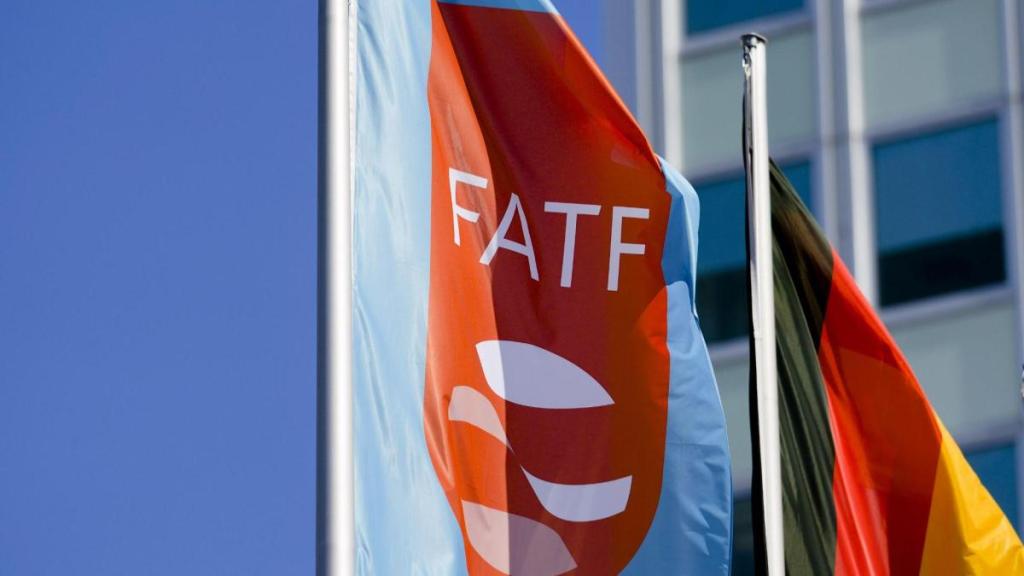Nigeria is edging closer to being removed from the Financial Action Task Force (FATF) grey list, a development expected to boost investor confidence and improve access to global financial markets. The Nigerian Financial Intelligence Unit (NFIU) confirmed that the FATF has granted Nigeria approval for an on-site inspection, an essential final step before delisting.
The on-site review, scheduled in the coming months, follows Nigeria’s demonstrated compliance with key FATF action items, including enhancements in anti-money laundering (AML) and counter-terrorism financing (CFT) frameworks. These improvements cover areas such as beneficial ownership transparency, risk-based supervision, and updated national risk assessments.
Nigeria was added to the FATF grey list in February 2023, joining countries with strategic deficiencies in their AML/CFT systems. The listing had raised concerns among global investors and financial institutions about regulatory risks in Nigeria’s financial sector.
The NFIU stated that Nigeria’s reform process has been backed at the highest levels of government, including by President Bola Tinubu, and involves coordination across the Ministry of Finance, Ministry of Interior, the judiciary, law enforcement agencies, and financial sector regulators.
“The reforms reflect Nigeria’s firm commitment not just to exiting the grey list, but to establishing a resilient and credible financial system,” the NFIU said in a statement.
If the on-site review confirms effective implementation, Nigeria could be removed from the grey list by the end of 2025.
Market Implications
- Investor Confidence: Removal from the grey list is expected to restore trust in Nigeria’s financial systems, opening the door for new foreign direct investment and improved capital flows.
- Access to Credit: It could also lower borrowing costs and enhance Nigeria’s access to international credit markets.
- Financial Sector Reputation: Delisting would signal to global partners that Nigeria is aligned with international compliance standards.
Financial analysts say successful delisting could mark a turning point for Nigeria, especially as the country works to attract private capital and diversify its economy under ongoing fiscal and monetary reforms.

